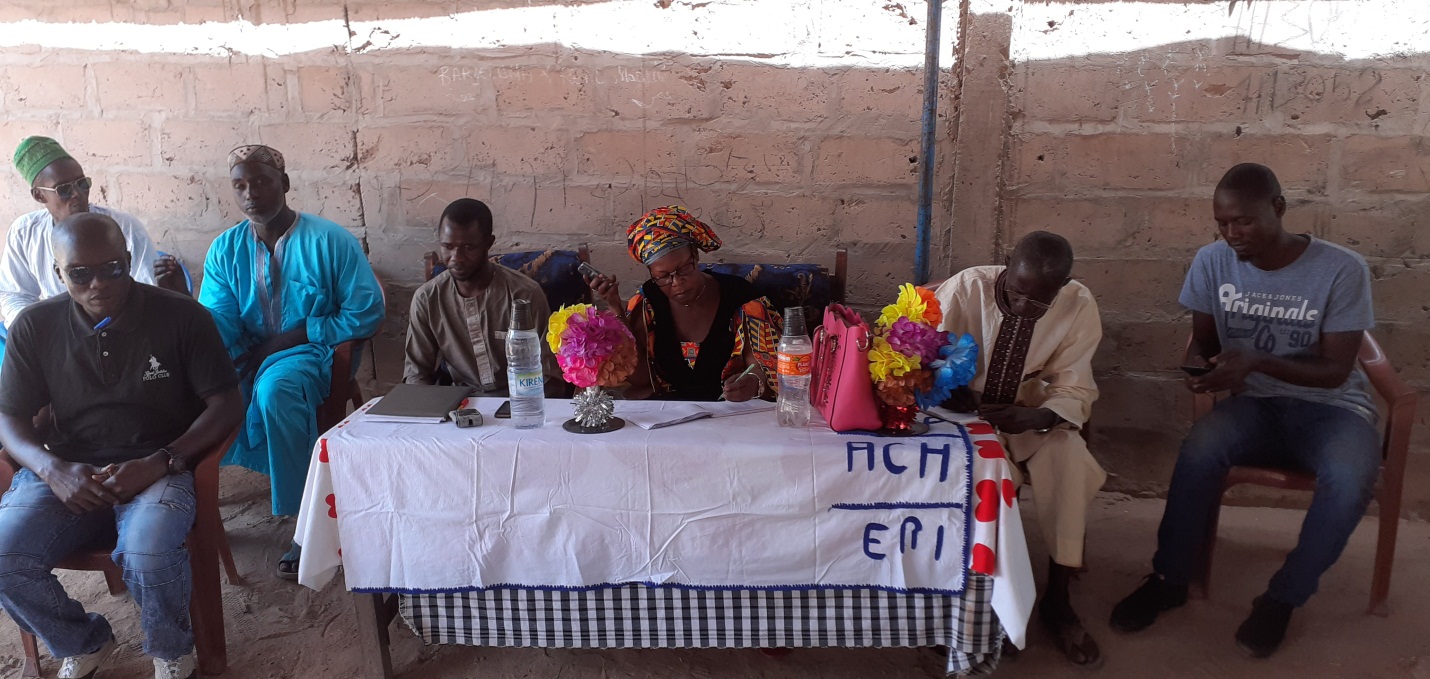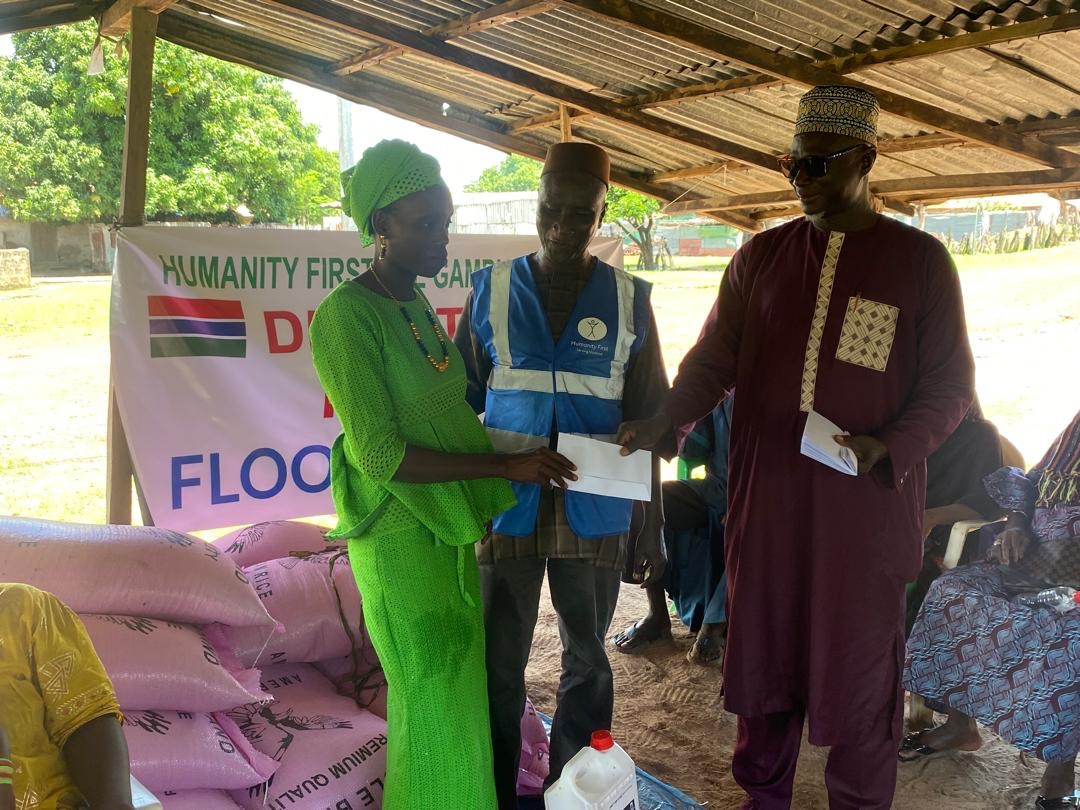By: Haruna Kuyateh
The Director of Society for The Study of Women Health (SSWH) and Principal Investigator of a project dubbed Preventing Early Marriage in the Rural Gambia, commenced dissemination of research findings on factors leading to the practice of early and forced marriage.
Testing an intervention with support from International Research and Development Centre of Canada the distribution of finding started on Saturday lower Badibou North Bank Region.
The five years project is jointly implemented by SSWH and Agency for the Development of Women and Children ADWAC in lower Baddibou to address early and forced marriage.
Dr. Mat Lowe Director and Principal Investigator said the research study aimed to look at factors responsible for early and forced marriage and also measure the knowledge base on the impact on the health of girls and women.
The 25 days research dissemination and consultation meetings to share the outcomes and design of appropriate intervention to find lasting solutions as early and forced marriage to public health concerns started in Tallen Fula and Tallen Wollof of Lower Baddibou.
He pointed out early marriage expose girls to risk of multiple pregnancies, maternal morbidity and mortality and sexually transmitted infections.
According to him, despite laws in place, families continue to practice early and forced marriage, noting that the project would continue to works with 25 communities of Lower Baddibou to address the problem.
He urged parents, alkalolu and Imam to desist from the practice, saying that the recent household’s survey indicated that the people are practicing early and forced marriage in society.
Dr. Lowe director and principal investigator of the project said dissemination meetings is important and key, simply it help communities to have better understanding and help community to build ownership and lead the campaign to stop the practice.
He noted that the findings revealed that peoples level of awareness on existing law banning early marriage is high ,but the practice continue to continue.
Dr. Lowe said the information generated would help the project to design intervention packages to support the 25 villages to help address early marriage and pregnancy.
He noted that there is need for parents to promote dialogue with girl child and encourage completion of education cycle.
Kebba Jallow household head, Juma Jallow alkalo of Tallen Fula commended the efforts of the organizers and acknowledged that the practice should stop.
Jainaba Bah, a member of community base committee and Yusupha Jawo youth leader underscored the importance of dissemination meeting, noting that it will help parents to put an end to the practice.
The duos call for support to assist drop out to continue with their education and provide income generating activities to support women.
Sheikh Taal Alkalo and Isatou Drammeh chairwoman of Tallen Wolllof of Lower Baddibou noted that the dissemination of research findings would contribute immensely in creating more awareness on the negative impact on the lives of women and girls at household’s level.
The community representatives used the moment to launched appeal for authority and humanitarian organizations to support the community with clean drinking water.





